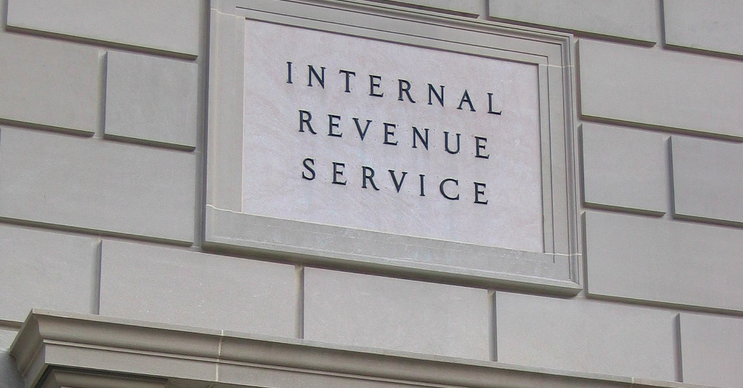Sorry, You Can’t Pay The IRS With A Check For $100 Million Anymore
Though 90% of Americans pay their taxes electronically, if you’re one of the 10% who don’t, starting next year the IRS won’t take your money if it’s in the form of a check over the amount of $99,999,999, reports the Associated Press.
The reason? Check-processing equipment at the country’s Federal Reserve banks just can’t handle checks with so many digits. Any check of $100 million or more has to be processed by hand, which increases the likelihood of theft, fraud and errors, the IRS and Treasury Department explained in recent memos.
So if you’re forking over that much moolah at tax time, you’ll either have to write a few checks for less than $100 million each or send your payments electronically.
While most of us aren’t worried by such a pronouncement, seeing as we’ll never write a check that large unless it’s for a joke or a Halloween costume where you’re dressed as a giant lottery check or something, the Treasury Department says it’s noticed an uptick in huge checks made out to the federal government. In 2015, the IRS accepted 14 checks for more than $99,999,99.
Most commercial banks simply can’t process checks that have amounts that take up more than 10 digits, including cents. Federal agencies have been banned from depositing checks that size for years, but the IRS is just now getting onboard as well, apparently.
It’s unclear who is writing these ginormous checks — whether they’re companies or individuals — but not many people pay that much in federal income taxes, so this very likely won’t affect you. At least, beyond the moment you tell someone that you read the IRS isn’t accepting $100 million checks.
The fattest of the fat cats had an average income of almost $336 million in 2012, the year with the most recent data, and their average tax bill was $56 million.
No checks, please: IRS no longer takes checks for $100M [Associated Press]
Want more consumer news? Visit our parent organization, Consumer Reports, for the latest on scams, recalls, and other consumer issues.


